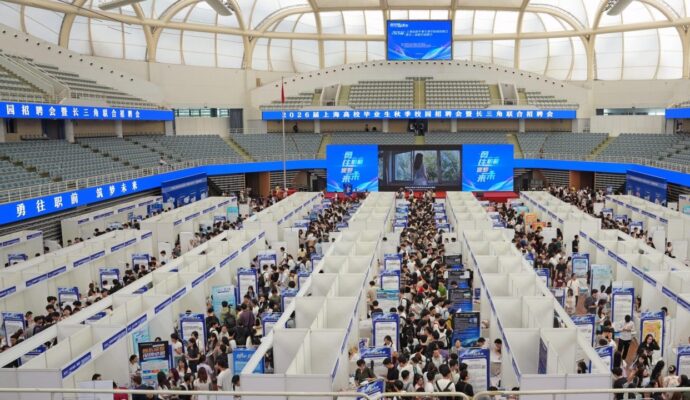Zhang, who recently graduated from a medical university in Shandong province with a doctor of pharmacy, is biding her time, waiting for a scientific research position to open up at a hospital later this year. Her husband will start work at a public institution in two weeks. For now, they enjoy staying up late, sleeping in, and not worrying about kids.
On Thursday, the couple set off on a 5,499km (3,417-mile) road trip – carefully mapped out to 59 hours and three minutes – that will take them through three other Chinese provinces.
“I definitely wouldn’t be able to be this carefree if I had a child,” Zhang said. “Due to their parental responsibilities, a few of my friends rarely have the time to go out and meet up with me.”
Although Beijing put an end to nearly three years of restrictive zero-Covid measures in December, they have had a lasting impact on people’s economic and mental well-being. For many, the resulting financial pressure and anxiety have left them with a worrisome outlook on the future and more inclined to reject the idea of parenthood.
This was a trend that had picked up steam in the years preceding zero-Covid, but nationwide shutdowns, work stoppages and widespread economic uncertainty appear to have exacerbated the movement during the pandemic.
China’s birth rate hit a record low last year as deaths outnumbered births in the country for the first time in more than six decades.


